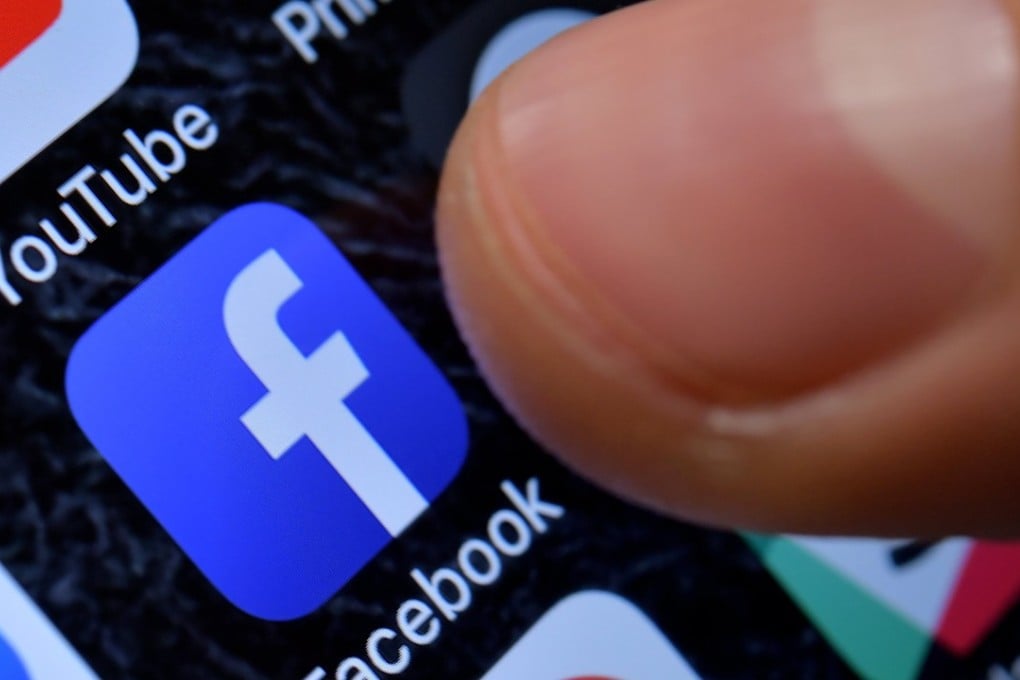Advertisement
Three simple rules could change Facebook for the better
Anson Au says there is no cause for alarm over news that sites like Facebook may affect mood or induce addiction, and offers three guidelines to regulate the provision and use of social media, and make it a positive force
Reading Time:2 minutes
Why you can trust SCMP
0

Facebook’s own research scientists have admitted that using the platform, and social media in general, could negatively affect your mood. Some writers and public figures responded by calling social media a dopamine shot for millennial junkies, arguing that it should be abandoned.
The parallels with drug addiction aren’t unfounded – but social media has obvious benefits as well. While it’s not the utopian virtual world tech giants tried to sell, it isn’t a dangerous digital gateway drug either. We must introduce guidelines to govern the provision and use of social media.
First, we need guidelines to moderate its use, not renounce it outright. Alcohol in excess causes problems, yet we haven’t banned it altogether – we have simply moderated it. Likewise, we need recommendations for hours spent on social media, information campaigns on the risks of excessive use, and to establish stern internet controls on use by vulnerable populations, like minors.
Facebook’s first president says site was designed to be addictive
God only knows what it’s doing to our children’s brains: Sean Parker
Second, we need guidelines for company accountability on content. A major problem with social media relates to the oversight of dangerous and illegal content, such as the beheading videos posted on Facebook in 2014 by Islamic State. Accountability for companies involves accounting for activities, accepting responsibility for them, and transparency of operation. Social media companies need more responsive oversight mechanisms for posted content, catching illegal material without publishing it.
Their famously opaque data collection and manipulation methodologies must be publicised, and they must be liable to penalties if guidelines are broken or ignored.
Facebook to hand over Russia ads on 2016 election to US Congress
Third, we need guidelines for developing technology in the first place. There is a lack of democracy on this front. Key leaders in technology companies, such as Facebook’s Mark Zuckerberg, can influence social affairs and advise political leaders. The reverse must happen as well.
Advertisement
Select Voice
Choose your listening speed
Get through articles 2x faster
1.25x
250 WPM
Slow
Average
Fast
1.25x